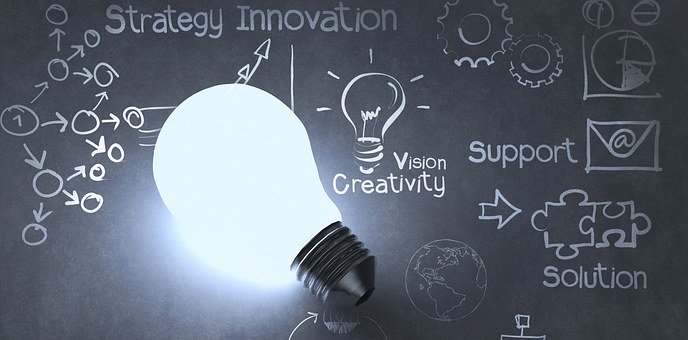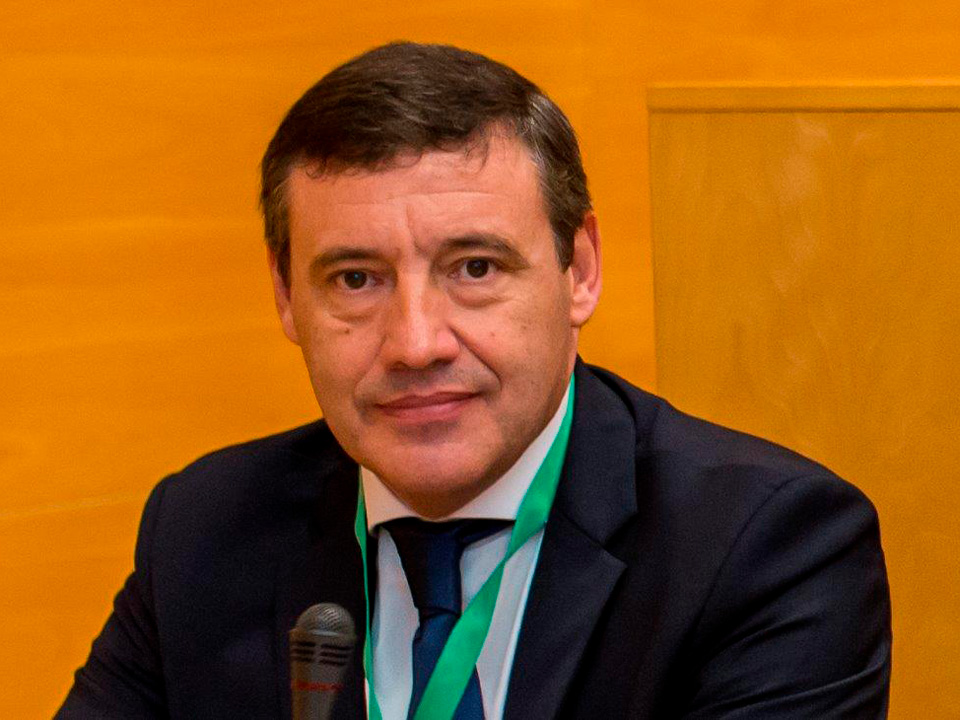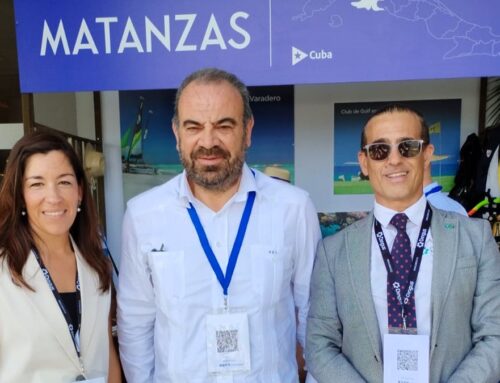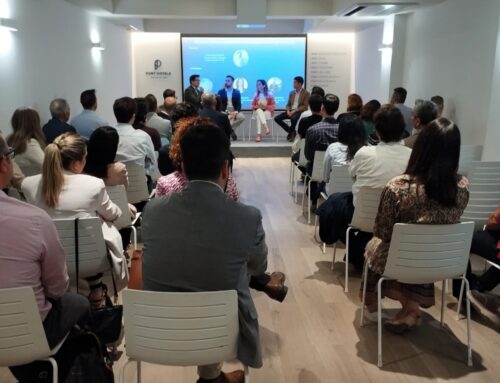- The digital transformation is advancing steadily in the world of tourism. It is a sector with a relative weight of just over 12% in the GDP that represents 13% of the total employment generated in our country, aware of the enormous influence of adopting pioneering technology to ensure its competitiveness.
Technology has changed or made new business models emerge, causing all sectors related to tourism activity to have to adapt in order to continue generating an offer at the level of a highly technological demand and accustomed to the new concept of immediacy, where the client wants to find everything he is looking for from a single place. The direct relationship is clear: the greater the technological capacity, the greater the number of clients.
All this is Digital Transformation, a concept perhaps somewhat abstract, but that brings together improvements in technological products, process reengineering, “empowerment” of talent, commitment to the customer … The reality that we have to live with COVID-19, makes this need for transformation is more necessary now than ever.
As we agree in thinking mostly in the cluster that I have the honor to preside, Turistec, in the mega trends that include the different technological options during the decade of 2020-2030 highlight 5G, IoT, BigData, Artificial Intelligence and Block Chain, because all of them will impact heavily on the tourism sector.
Big Data raises Business Intelligence to unsuspected levels, incorporating immediacy to the variety of analyzable information. After cloud-computing, it is one of the most disruptive.
AI is already present in just about everything we can imagine. The proliferation of chatbots, the use of natural language, is changing many call centers, interacting with the final customer and with a capacity extended by the learning algorithms.
In the destinations and the establishments themselves, a progressive implementation of IoT will be a great advance, although – in my opinion – this sector is at the expense of a greater implementation of 5G. This technology has a more infrastructural character, but it will be one of the main vectors of transformation and speed of adaptation, generating new services and suppliers.
And of all of them, perhaps it is block-chain the pending trend to propose contributions to the tourism value chain, although it is not discarded that they will be incorporated, seeing the great investments that some of the main technological players have made.
We perceive technology as a means and not as an end, and the digital transformation is not an eligible topic, but a necessity or obligation for continue competing in a globalized scenario. It will be vital to get out of the crisis in tourism, which will have to reinvent itself and transform itself very quickly, with new services, more brand value in terms of guaranteeing security, new capacities to manage its distribution networks, etc. All this with a high level of digitalization, as well as with an increase in workers’ capacities, changes in personnel training, or learning new habits.
Tourism enterprises should be supported by highly competitive, proven value propositions that offer business models with capillarity at all levels and regardless of their size. At Turistec we have always advocated our networking capacity to transmit knowledge. We believe that it is time to act as with the values of collaboration and know-how transfer.
The technological capacity will be one of the levers for the recovery of the sector, and the speed of application, an essential element that today conditions as never before any strategic approach.
Therefore, technology providers such as Dingus also face an exceptional challenge: to ensure that we are the most capable partner to propose and manage the solutions that the market will need.
Jaume Monserrat
CEO & co-founder Dingus and Hitt Group
Chairman of Turistec












